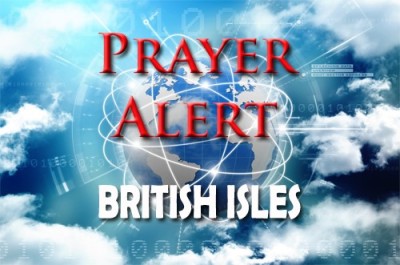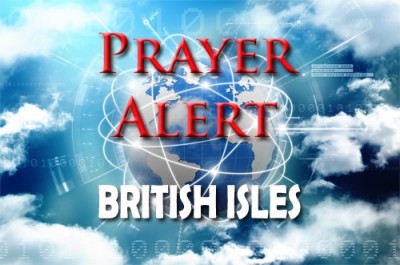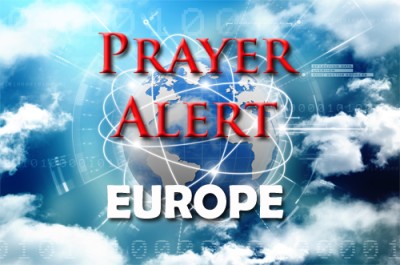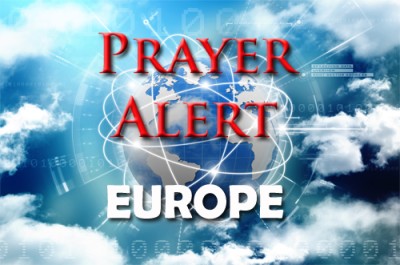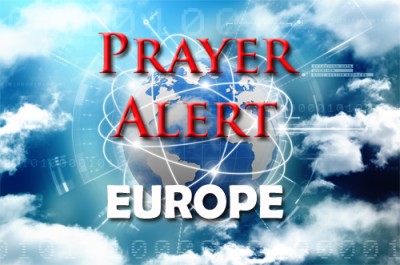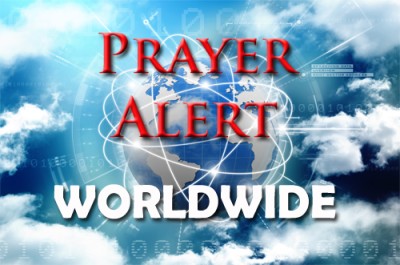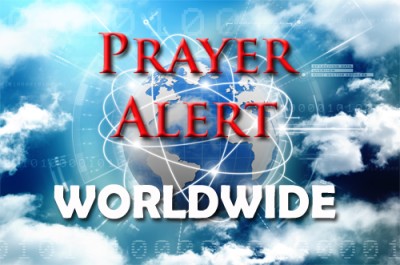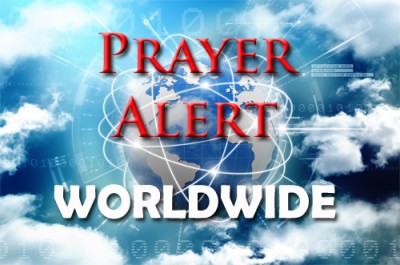NHS patient experience survey
09 Jun 2023Data released on 8 June showed that A&Es experienced the busiest May on record, putting emergency care staff under significant pressure. Ambulance crews attended 624,092 call-outs, the highest number in a year. Alongside this, the figures show another record-breaking twelve months of cancer treatment and referrals, with more people than ever before getting checked and starting treatment. Tens of thousands of patients are set to receive a diagnosis and treatment for skin cancer faster, with accelerated NHS rollout of ‘teledermatology’, which involves taking high-spec images of spots, moles or lesions on people’s skin. NHS’s national medical director said, ‘As hospitals dealt with the most disruptive industrial action in history, average waits on waiting lists dropped to under 14 weeks - the lowest since before winter.’ In April 51,700 calls were answered daily by NHS 111.
Prince Harry and the media
09 Jun 2023Prince Harry has been on a collision course with the tabloid press for years - and finally he is pressing charges of phone hacking. He has said that changing the media landscape is his ‘life's work’, and this gladiatorial courtroom encounter could be one of his own defining moments. He has a single-minded determination to keep going without settling and is rich enough to take the financial hit if he loses. He has found this wasn’t like taking questions from Oprah Winfrey in a celebrity interview. He had a hostile encounter with a highly-skilled cross-examiner armed with a battery of techniques to undermine credibility. Giving evidence is daunting.
Ukraine: hydropower dam destroyed
09 Jun 2023Kakhovka hydropower dam in Russian-controlled Ukraine has been destroyed, unleashing floods of water on either side of the Dnipro river. So far, thousands have been evacuated from local communities; but as water continues to gush, it is a race against time. The UN humanitarian aid chief warns of grave, far-reaching consequences for thousands. Pray for the safety of families threatened by floating mines, disease, and hazardous chemicals in the floodwaters. Fears of vast swathes of grain-producing land flooding caused global grain prices to rise. NATO’s secretary general said the ‘outrageous’ destruction of the dam showed ‘the brutality of Russia's war in Ukraine’. EU’s council president said, ‘Russian destruction of civilian infrastructure is a war crime’. The Red Cross reported that huge numbers of landmines have washed down downstream, threatening rescue operations. Pray for rescuers to be cautious. Water is being transported by drones to the stranded. May boats reach them soon.
Russia: Russians fleeing motherland
09 Jun 2023When Putin announced ‘military mobilisation’, thousands of Russians rushed to the border. Hundreds of thousands have left since the invasion began. Many were against the war, so not wanting to be drafted they left. Poor training and insufficient kit for new soldiers prompted more men and their families to flee. Estimates of how many have left vary from hundreds of thousands to up to seven million. Leaving is easy; finding somewhere to stay is hard. Countries have changed their laws to block Russian immigrants. They limit how many days Russian tourists can stay. Unable to return home, Russians must apply for residency to work in the countries they settle in. In 15 months 155,000 Russians received temporary residence permits in the Balkans, Caucasus and Central Asia. 17,000 applied for political asylum in EU countries, but only 2,000 received it. Russia’s interior ministry says 40% more have applied for foreign passports in 2022 than 2021.
France: four children stabbed
09 Jun 2023On 8 June, in a shocking incident, four children, aged between one and three, were stabbed in a playground in Annecy. Police overpowered and arrested the knifeman, who also stabbed two adults. The victims are in hospital; three are in a critical condition. The suspect is a 31-year-old Syrian who had refugee status in Sweden. He has no criminal or psychiatric record, and there is no sign of terrorist motivation. When applying for asylum in France in 2022, he said he was a Christian, and seemingly invoked the name of Jesus during the attack. In recent years, France has become accustomed to knife attacks, often carried out by solitary young men with backgrounds in petty crime and some Islamist connection. It is clear that this attack is of a different nature. So far, most politicians are being careful not to leap to conclusions, but it is inevitable that the attack will feed into the debate on immigration.
Israel: government budget and society prayers
09 Jun 2023With the budget passed, the coalition has much to focus on apart from judicial reform. Pray for God’s priorities to be the government’s priorities, and ask God to show the various ministers how to work in unity as they deal with issues. Ask God to place the coalition's reins firmly in prime minister Netanyahu’s hands, and use his partners to keep him turning Israel onto a more biblical path, while removing any ungodly advisers from him. Ask God to anoint finance minister Smotrich to win the war against Israel's high cost of living and show every ministry how to reduce wasteful spending and increase the effectiveness of their budgets. May national security minister Ben-Gvir use the budget dedicated to reinforce and encourage Israel's police force to do just that - while also removing all unrighteousness from its ranks. And finally, ask God to help the housing industry to make affordable housing readily available. See
India: worst anti-Christian violence ever seen
09 Jun 2023The ongoing attacks on Manipur’s Christians are labelled 'religious cleansing'. Over 317 churches, 70 church schools, 6,137 Christian homes and Christian administrative buildings had been destroyed by 3 May, according to an assessment by the Federation of Indian American Christian Organisations (FIACONA). Other groups estimated 45,000 people have been displaced in what FIACONA is calling ‘the worst anti-Christian violence India has ever seen’. The BJP government used a decades-old underlying ethnic tension between two ethnic groups to create the deadliest violence against Christians, instigated by Hindutva nationalists. It is ‘target killings by government forces’. Events in Manipur follow worsening conditions for Christians across India. Kerala’s Catholic bishops’ council conducted prayers and a candle-lit procession on 6 June, demanding peace should be established in Manipur immediately. Bishops, priests, and laity participated in the meeting and procession.
Global: climate change
09 Jun 2023Every year countries pledge to cut their greenhouse gas emissions to curb the impacts of climate change. But still temperatures keep rising. Last month scientists announced that the average rise in global temperatures would likely pass the 1.5C threshold in the next five years. With temperatures rising we will see more heatwaves, wildfires and floods. From 5 to 15 June countries’ leaders are meeting at the Bonn climate conference to discuss, among other things, local communities and indigenous peoples, pre-2020 ambition and implementation, science, and oceans. They will review their pledges as they look ahead to November’s COP28. Even a small increase in average temperatures makes a big difference as the whole distribution of daily temperatures shifts to warmer levels, making hotter days more likely and more extreme. See
